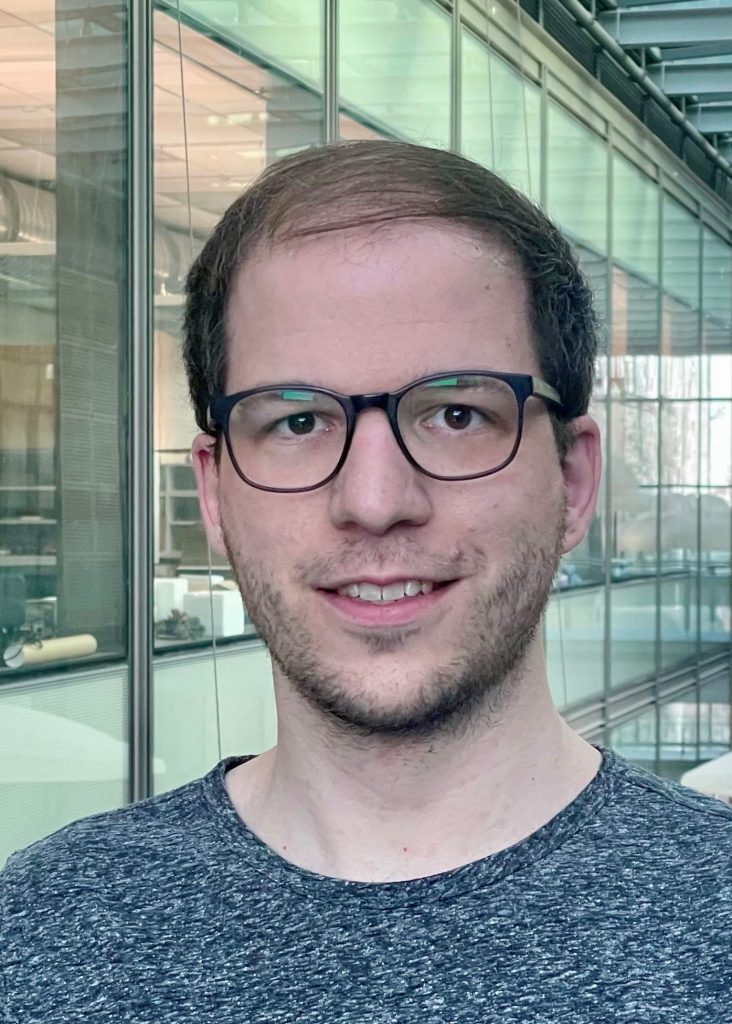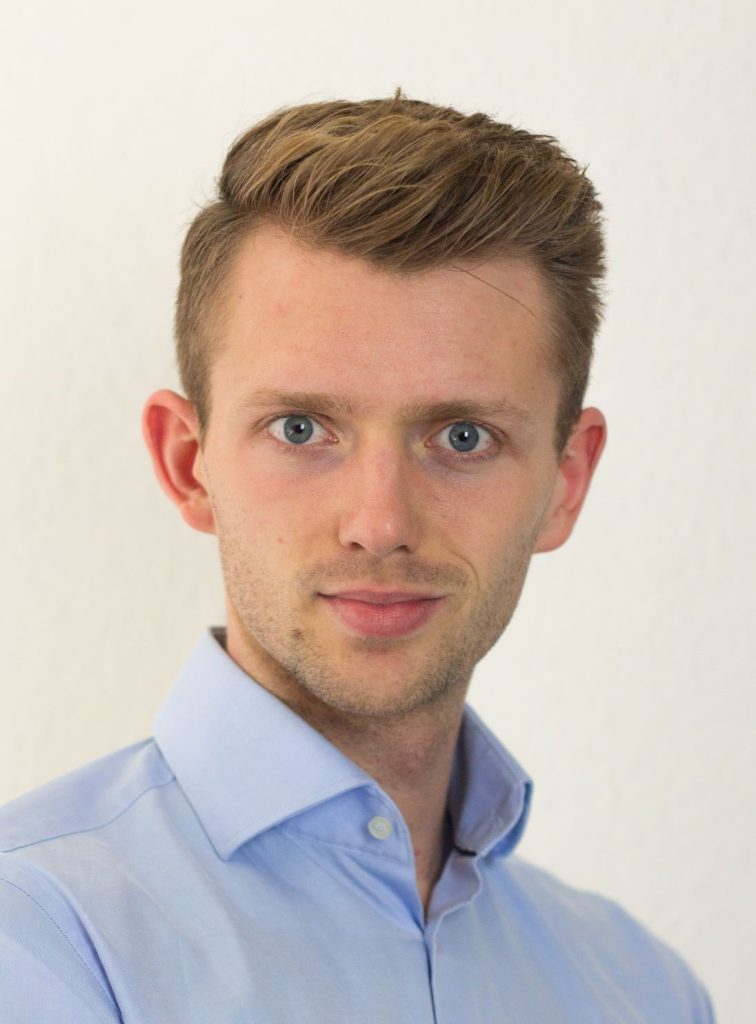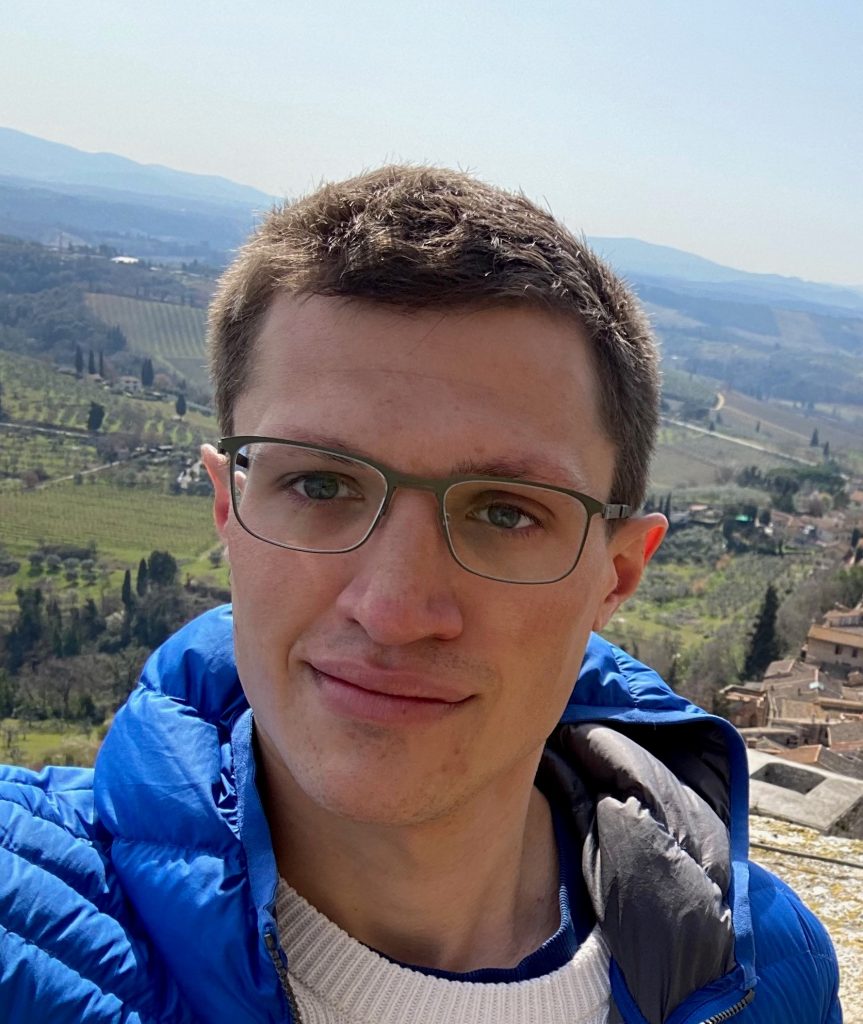
Benjamin Buchmuller received the Rainer Rudolph Prize for his dissertation “Deciphering strand-asymmetrically modified CpG dyads in the DNA double-helix”. He describes a number of small engineered proteins that, for the very first time, enable the detection of distinct combinations of modified DNA nucleobases in the genome. These combinations could play a role in regulating gene activity during development and in disease, similar to the combinatorial signals at traffic light. The work was completed in the laboratory of Prof. Dr. Daniel Summerer at TU Dortmund University. Since January 2022, Dr. Buchmuller is a postgraduate researcher at Princeton University.
.

Daniel Klewinghaus was awarded the prize for his Master Thesis entitled “Bovine Ultralong CDR-H3 Antibodies for Effector Cell Redirection”. The content is the generation of different antibody formats based on the ultralong CDR-H3, occuring in cattle, from yeast libraries. The purified antibodies were able to successfully mediate ADCC in a killing assay with human NK cells. In addition, bispecific antibodies with a common light chain were generated that could also mediate ADCC. The work resulted in 2 publications, with him listed as first author on the second publication “Grabbing the Bull by Both Horns – …”. The work was conducted in the laboratories at Merck Healthcare KGaA in Darmstadt with Dr. Stefan Zielonka under the supervision of Prof. Dr. Harald Kolmar of the Clemens-Schöpf-Institute (TU Darmstadt). Mr. Klewinghaus has since worked as an employee at Merck Healthcare KGaA.

Florian Schmidt is a Postdoctoral fellow in Prof Randall Platt’s group at the Department of Biosystems Science and Engineering (D-BSSE) at ETH Zurich. He obtained his BSc and MSc from the Ruprecht Karl University of Heidelberg, Germany, working on CRISPR/AAV gene therapy. After a short stint in Prof Feng Zhang’s laboratory at the Broad Institute of MIT and Harvard, USA, together with Prof Randall Platt, he transitioned to ETH Zurich, where they established the Record-seq technology used to create living microbial diagnostics. Florian Schmidt received the prize for his results of his dissertation with the title: “Transcriptional recording by CRISPR spacer acquisition from RNA”.

